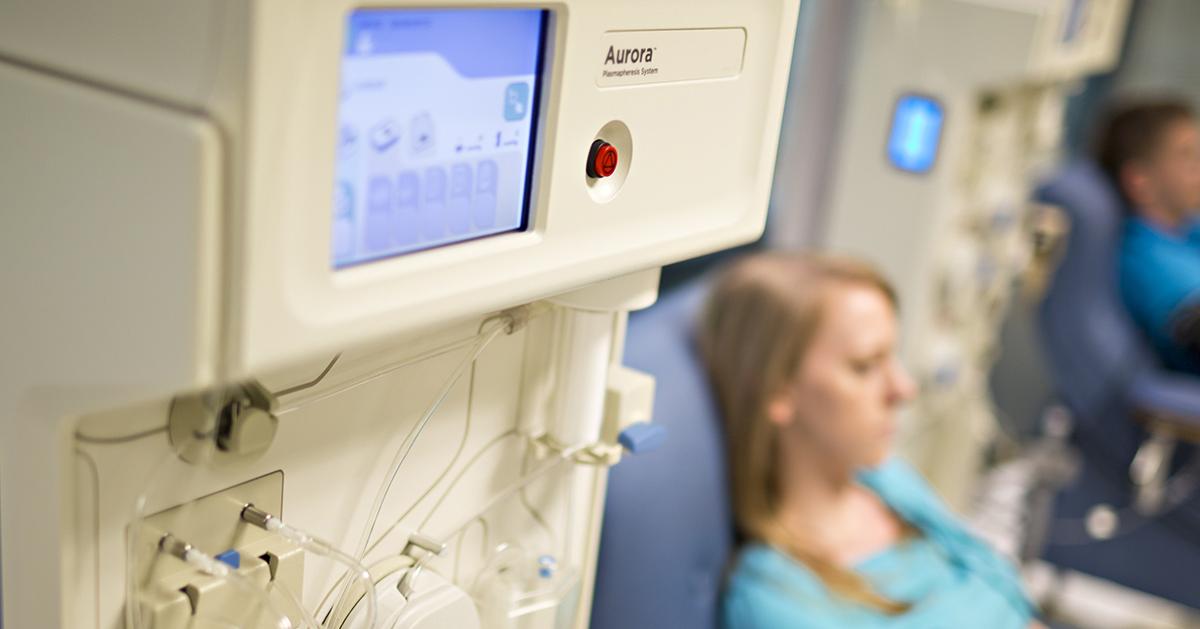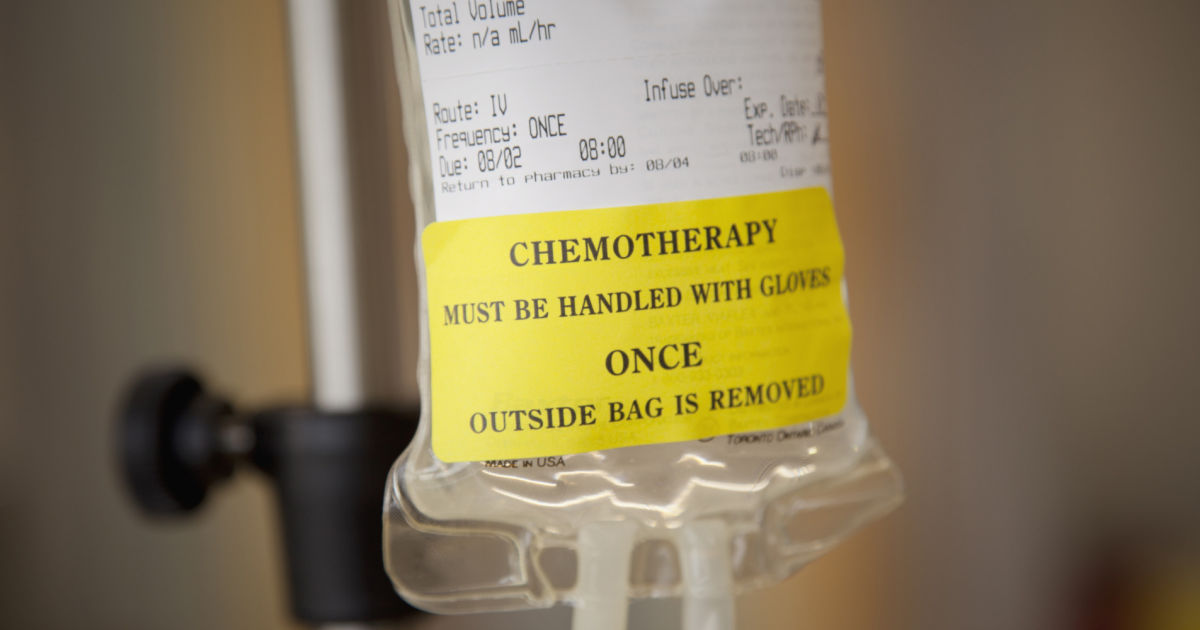Guide To Treating Waldenstrom Macroglobulinemia
Plasma Exchange

Plasma exchange or plasmapheresis is a treatment commonly used in Waldenstrom macroglobulinemia patients who have been affected in a certain way. Because the malignant white blood cells that occur in Waldenstrom macroglobulinemia produce a high level of macroglobulin, certain problems and complications can occur as it builds up in the blood. Too much macroglobulin can cause hyperviscosity syndrome where the blood has trouble moving through the vessels because it becomes too thick. Sometimes the macroglobulin will make the blood thicker in colder regions of the body such as the nose, ears, toes, and fingers. This complication is called cryoglobulin. Additionally, a buildup of macroglobulin can cause amyloidosis or the accumulation of a specific part of this protein in the kidneys and the heart. This buildup usually results in damage to the heart and kidney tissues. For Waldenstrom macroglobulinemia patients who are experiencing such complications, plasma exchange is an effective treatment option. During this procedure, a machine separates the plasma component of the blood from the rest of it, and it filters out the excess macroglobulin that has accumulated in the blood. As this process happens, the blood is consistently being returned to the patient's body.
Discover more options for treating Waldenstrom macroglobulinemia now.
Chemotherapy

Chemotherapy is a way to treat cancer that involves anti-cancer drugs injected into a muscle, vein, under the skin, or taken by mouth. Chemotherapy drugs work by identifying, targeting, and killing any cells around the patient's body that are in the process of dividing. This mechanism is effective at killing malignant cells because they divide or multiply more rapidly and frequently than healthy cells do. While chemotherapy kills off many cancerous cells, it also kills off healthy cells in the process of cell division. It is for this reason that chemotherapy is administered in cycles. The chemotherapy cycles involve a specified period of regular treatment that may last several weeks. After that, the patient will go through a rest period to give their body an opportunity to recover. Due to the side effects of chemotherapy, other drugs may be used alongside chemotherapy in some Waldenstrom macroglobulinemia patients. Most of the side effects associated with chemotherapy will subside once treatment is finished.
Learn more about how to effectively treat Waldenstrom macroglobulinemia now.
